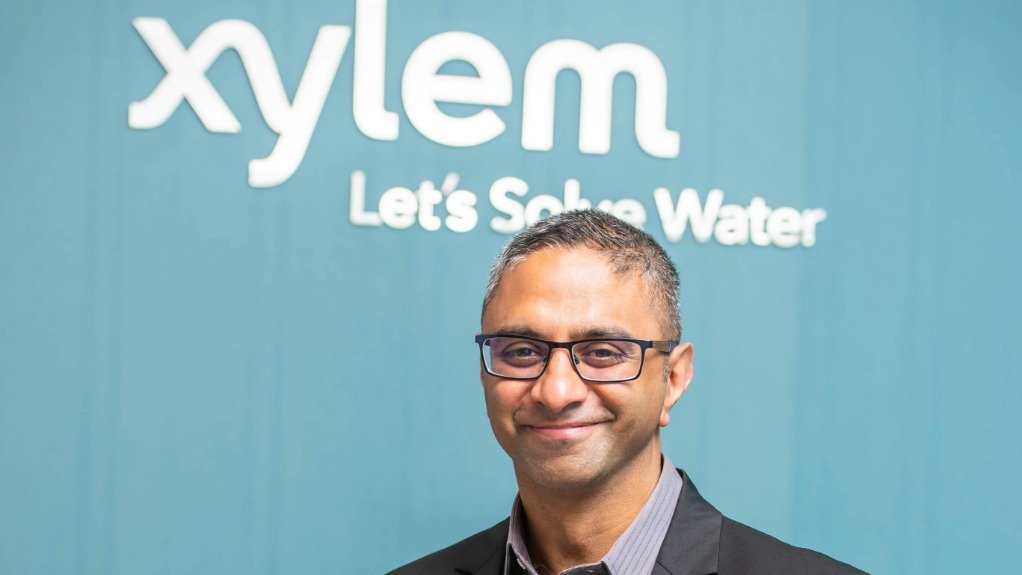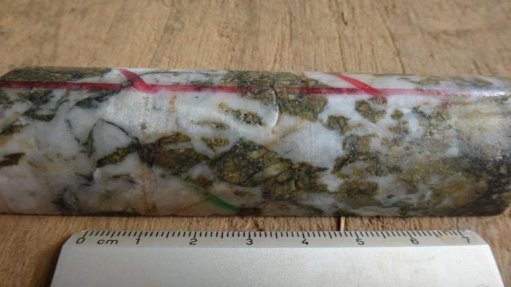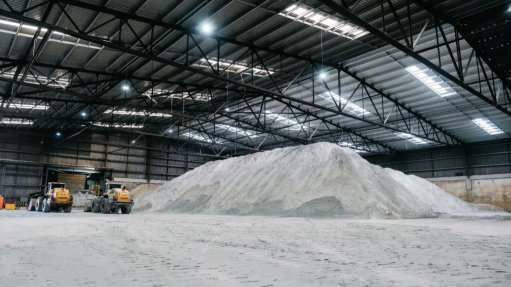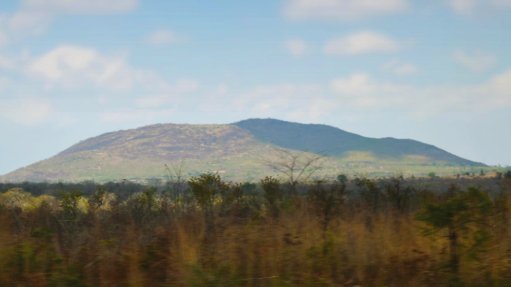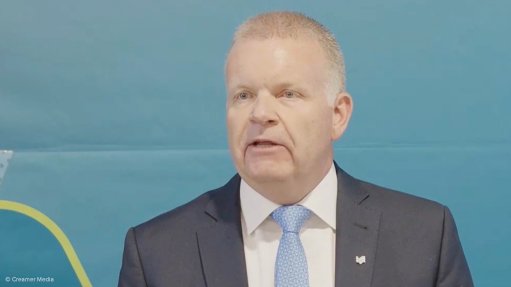Bad Weather: Mines Should Revisit Their Dewatering Strategies
This article has been supplied.
Extreme weather events are becoming more prominent, prompting mines to expand their insurance coverage and improve mitigation strategies such as dewatering.
The debate around climate change has never been hotter, and the reality of changing weather patterns is evident through extreme and unexpected storm events. These events have a particular impact on mines, which can suffer various disruptions as a result.
A succession of tropical storms that hit Australia in late 2023 reduced the country's gold output by 9%. In early March 2024, Glencore's McArthur River zinc and lead mine had to stop operations due to heavy rainfall. Even the Democratic Republic of Congo, an area familiar with heavy rainfall, isn't spared: in 2023, Alphamin Resources lowered their guidance for their DRC mines due to persistent rains.
A growing risk
These events are becoming more. According to a study by risk intelligence firm Verisk Maplecroft, heavy rains will threaten a quarter of global copper production by 2050.
Insurers are weighing in on the topic. Lockton's 2025 mining insurance market report paints an upbeat picture for the sector this year. However, extreme weather is one of the exceptions, noting that "extreme weather events such as floods and droughts, and natural catastrophes like tropical cyclones, are major causes of disruption in the mining sector."
Mines are urged to look more closely at parametric insurance, a type of natural disaster coverage that until now was not a major priority among mines. The report predicts that mining insurance claims are expected to increase as weather patterns shift, and the criteria for insurance are rising—especially around floods and risks associated with tailing dams.
"Mining is a tough business, and mining operations know how to roll with the punches," says Chetan Mistry, water technology OEM Xylem Africa's Strategy and Marketing Manager. "But they are battling bigger and more unpredictable storms, which can create many problems on a site, such as dams bursting, tunnels flooding, and water washing away infrastructure such as roads and bridges."
Mitigating flood risks with dewatering
Insurance has inherent risks, such as more stringent requirements on policyholders. Policies also only pay out after a mine has suffered losses, and recovering from floods can take weeks to months. Even if a mine has an ironclad policy, that won't stop share prices from dropping when it reduces projections. This happened to Gold Fields, which in 2024 lowered its annual gold production forecast after bad weather impacted its Salares Norte mine in Chile, leading to an 8% drop in its share price.
But mines can do more to reduce extreme weather risks, such as adjusting their dewatering strategies. Dewatering is a routine mining operation, as old as digging into the planet to unearth her resources. Ancient miners used buckets, and dewatering has inspired innovations such as the Archimedes screw and steam engine pumps. Today, mines routinely use powerful dewatering infrastructure. Yet, this familiarity might also blindside them, says Mistry:
"Mines often have permanent dewatering solutions installed. But these are typically designed for past conditions, not the kind of weather events that happen today. Extreme weather doesn't always mean a massive storm. It often means more frequent storms, which place additional pressure on dewatering systems or create flooding conditions outside of their scope."
Mines can test and adjust their dewatering strategies to include the newer risks:
- Portable dewatering systems that can be transported in light vehicles or attached to mining rigs for simple and quick access.
- Rental fleet contracts to rapidly deploy heavy dewatering equipment.
- Modern dewatering pumps that can operate remotely and are more resilient against pressure changes and snoring.
- Upgrades to existing dewatering pumps to improve resilience while also reducing maintenance costs.
- Rapid dewatering planes arranged with service providers.
This is an opportune moment to re-examine dewatering strategies. New generations of pumps, membranes, impellers, and control systems have made dewatering technologies better at handling harsher conditions, bigger solids, and chemicals that wear away at materials. Such improvements also improve workers' safety.
Nobody can control the weather. But they can manage the disruptions caused by more rainfall. Dewatering is one of the best ways mines can keep output high even when the sky is falling.
Article Enquiry
Email Article
Save Article
Feedback
To advertise email advertising@creamermedia.co.za or click here
Announcements
What's On
Subscribe to improve your user experience...
Option 1 (equivalent of R125 a month):
Receive a weekly copy of Creamer Media's Engineering News & Mining Weekly magazine
(print copy for those in South Africa and e-magazine for those outside of South Africa)
Receive daily email newsletters
Access to full search results
Access archive of magazine back copies
Access to Projects in Progress
Access to ONE Research Report of your choice in PDF format
Option 2 (equivalent of R375 a month):
All benefits from Option 1
PLUS
Access to Creamer Media's Research Channel Africa for ALL Research Reports, in PDF format, on various industrial and mining sectors
including Electricity; Water; Energy Transition; Hydrogen; Roads, Rail and Ports; Coal; Gold; Platinum; Battery Metals; etc.
Already a subscriber?
Forgotten your password?
Receive weekly copy of Creamer Media's Engineering News & Mining Weekly magazine (print copy for those in South Africa and e-magazine for those outside of South Africa)
➕
Recieve daily email newsletters
➕
Access to full search results
➕
Access archive of magazine back copies
➕
Access to Projects in Progress
➕
Access to ONE Research Report of your choice in PDF format
RESEARCH CHANNEL AFRICA
R4500 (equivalent of R375 a month)
SUBSCRIBEAll benefits from Option 1
➕
Access to Creamer Media's Research Channel Africa for ALL Research Reports on various industrial and mining sectors, in PDF format, including on:
Electricity
➕
Water
➕
Energy Transition
➕
Hydrogen
➕
Roads, Rail and Ports
➕
Coal
➕
Gold
➕
Platinum
➕
Battery Metals
➕
etc.
Receive all benefits from Option 1 or Option 2 delivered to numerous people at your company
➕
Multiple User names and Passwords for simultaneous log-ins
➕
Intranet integration access to all in your organisation



